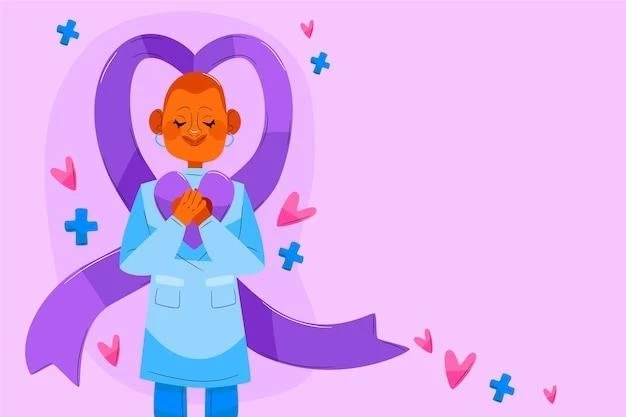Raising Awareness for Rare Diseases: A Call to Action
Rare diseases‚ often referred to as orphan diseases‚ are a significant public health concern‚ affecting millions of people worldwide. These conditions are characterized by their low prevalence‚ typically affecting fewer than 1 in 2‚000 individuals. While individually rare‚ collectively‚ rare diseases impact a substantial portion of the population‚ leading to significant social‚ economic‚ and healthcare burdens. Raising awareness for rare diseases is crucial to address the unique challenges faced by patients‚ families‚ and healthcare professionals.
The Importance of Awareness
Awareness is the cornerstone of addressing the challenges associated with rare diseases. It is essential for:
- Early Diagnosis and Treatment: Many rare diseases remain undiagnosed for extended periods‚ often due to a lack of awareness among healthcare providers. Increased awareness can prompt timely diagnosis and access to appropriate treatment‚ significantly improving patient outcomes.
- Research and Development: Limited research funding and clinical trials for rare diseases are a significant barrier to finding cures and effective therapies. Raising awareness can highlight the need for increased investment in research and development‚ ultimately leading to advancements in treatment options.
- Patient Advocacy and Support: Rare disease patients often face isolation and a lack of understanding from their communities. Raising awareness can foster empathy‚ support‚ and a sense of community among patients and their families.
- Policy and Legislation: Advocacy efforts can lead to the development of policies and legislation that address the specific needs of rare disease patients‚ such as access to care‚ financial assistance‚ and patient registries.

Challenges to Awareness
Despite the significance of raising awareness‚ several factors impede progress:
- Lack of Public Knowledge: The general public often lacks awareness of rare diseases‚ their impact‚ and the challenges faced by patients and families.
- Limited Media Coverage: Rare diseases receive limited media attention compared to more common conditions‚ further contributing to public ignorance.
- Diagnostic Challenges: The rarity and complexity of many rare diseases make diagnosis difficult‚ often requiring specialized expertise and advanced diagnostic techniques.
- Limited Access to Treatment: The availability and affordability of treatment options for rare diseases can be limited‚ particularly in developing countries.
Strategies for Raising Awareness
Efforts to raise awareness for rare diseases require a multi-faceted approach involving various stakeholders:
1. Public Education and Outreach
Public education campaigns‚ social media initiatives‚ and community events can effectively raise awareness among the general public.
2. Healthcare Professional Education
Training programs‚ workshops‚ and online resources can equip healthcare professionals with the knowledge and skills to recognize and manage rare diseases.
3. Patient Advocacy and Support Groups
Patient advocacy groups play a critical role in raising awareness‚ sharing information‚ and supporting patients and their families.
4. Research Funding and Collaboration
Increased funding for research‚ clinical trials‚ and collaborative initiatives are essential to advance understanding and treatment options for rare diseases.
5. Policy and Legislation
Advocacy efforts can shape policies and legislation that improve access to care‚ financial support‚ and patient rights for individuals with rare diseases.

Conclusion
Raising awareness for rare diseases is essential to address the unique challenges faced by patients‚ families‚ and healthcare professionals. By increasing knowledge‚ promoting research‚ and fostering support‚ we can work together to improve the lives of individuals affected by these complex conditions. Through collaborative efforts‚ we can create a future where rare diseases are no longer ignored‚ but rather understood‚ diagnosed‚ and effectively managed.










